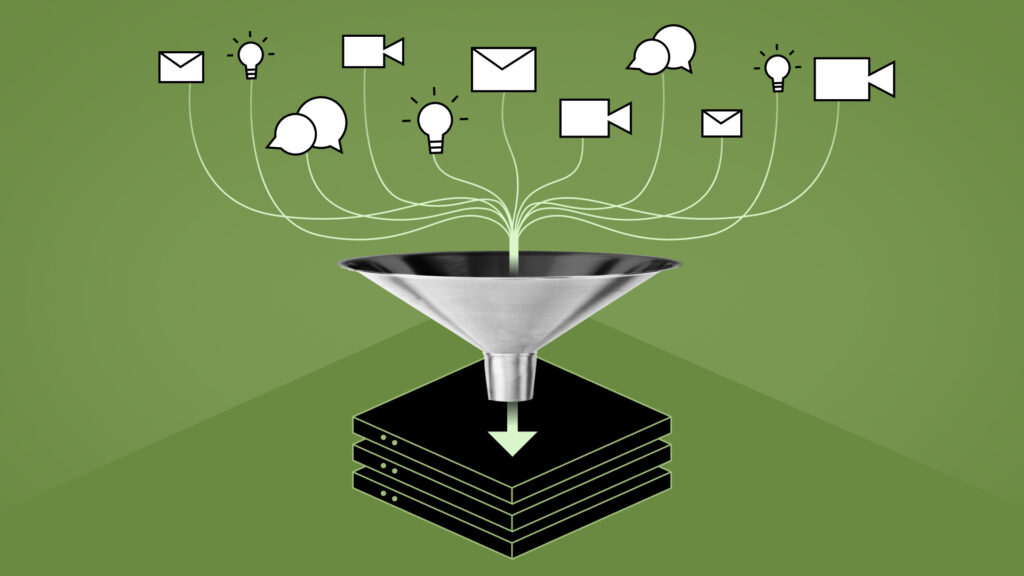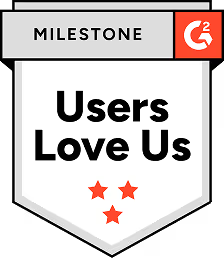4 Holiday Cold Emailing Tips: A DEI Perspective

While cold emailing, you’re usually looking for something to talk about that feels appropriate and relevant. So each year when the holiday season rolls around, infusing the holiday spirit into your emails is almost too tempting. What’s more appropriate and relevant than Christmas come December?
Well, a lot, actually, and that’s the point.
Every seller needs to be vigilant about what they are or aren’t including in their holiday-themed cold emails, because even though it can feel like certain holidays are a given, that’s simply not the case.
In America in particular, there are certain days of the year that have come to be considered a mainstream part of the culture, but this is only true through the most narrow of lenses. To make sure your cold emails are relevant and appropriate during the coming weeks, keep these tips in mind before you press send.
Tip 1 - Never Assume
Hey, we didn’t say these tips weren’t applicable year-round. Assumptions get a bad wrap, and we’re not here to change the narrative, especially when it comes to holidays and religious observances. Make it a rule of thumb to never assume that someone is or isn’t celebrating a holiday. This tip is two pronged because ignoring it can go in one of two directions.
The first being that you assume someone is celebrating a holiday simply because you and others you know celebrate it. To say that this is an assumption is to put it mildly. During the month of November alone there are five major holidays, and that doesn’t include more niche observances. If you’re only familiar with Thanksgiving, that’s fine, but assuming that everyone else is too, isn’t.
If you’re not assuming everyone celebrates what you celebrate, then you might swing too far in the other direction. Assuming that someone who is a different race than you, from a different country or with a different background, surely won’t be celebrating the holidays you’re looking forward to is also an assumption.
As much as we want to believe the opposite, there aren’t any sure-fire tell tale signs that someone is celebrating anything. When it comes to holidays, there is truly an exception to every “rule.” The only way to know what someone plans to celebrate is to hear it from them. Unless you have the certainty of first person confirmation, it’s best to keep any mention of the holidays out of your cold emails.
So if you love using subject lines like, “The Most Wonderful Time of the Year?” or “Before Your Thanksgiving Dinner” try swapping them out with more neutral options like “It’s Busy This Time of Year” or “Before January.”
Tip 2 - Personalize Through Research
If you are able to say with certainty which holiday a lead plans to celebrate, whether it’s through their socials or from meeting them in person, that opens the door to mentioning the holiday, but you still have some considerations to address first. Holidays are complex because they often vary in how they’re celebrated. In each household there’s nuance to every celebration or observance, which can be especially difficult to capture if you’re speaking about a holiday you’re unfamiliar with.
We recommend a healthy dose of research before embarking on a message that references any holiday. Do your best to understand the greater meaning behind a holiday, and if it has religious significance, what exactly that significance is. For example, some observances are private, introspective or solemn. Receiving an email that references a holiday with one of these tones could not only come off as abrasive, but possibly insulting.
Understanding the meaning behind a date of significance will help you decide whether or not to mention it, and how it should be mentioned if you choose to. Read both first hand accounts of how the holiday is celebrated and what it means to its observers as well as reliable third party publications on the subject.
If you happen to celebrate the same holiday as your lead, referencing the holiday may feel more natural and there’s great potential for personalization. But even then, it’s best to remember that there’s not one way a holiday can look. You can open up the conversation by briefly addressing the holiday both you and your lead celebrate, and explain what it means for you. For example, an opening line might sound something like, “It looks like you take a trip to Colorado with your family every winter. I think I saw a Christmas tree in the background of the photos? I celebrate Christmas and I’d love to start a tradition like a family ski trip for the holiday. Any recommendations in Colorado?”
However, you should be certain it’s Christmas they celebrate. To use a similar opening line without mentioning Christmas, say something like, “I see that you take a trip to Colorado every year with your family. I’ve been considering doing the same for a while now, especially since my wife and I love to ski. Any recommendations?” Sentiments like these add a fair amount of personalization to a message, which signals to your prospect that it was written specifically for them.
Nonetheless, you should continue to avoid framing your entire message around the assumption that your lead celebrates the same way you do. As an alternative, you can close or open your message with a well wish or greeting that’s customary to the holiday, but again, only do so if you’re absolutely certain they celebrate.
Tip 3 - Be Positive
There’s a common theme that floats around each year come November and it usually has something to do with commiserating about spending time with family. Not only do you have every reason to stay positive in your cold emails year-round (studies show using words that communicate positive emotions can lead to higher response rates) you especially want to sound cheery if you’re referencing the holidays.
Why?
You don’t want to come off as the type of person who complains, especially about their family. To put it simply, it’s not a good look, no matter how relatable it can feel.
Yes, holidays can be stressful, but is that really how you should connect with a lead? Unless your product or service specifically solves family strifes or the frenzy of hosting people for holiday events, the only stressors you should bring awareness to are those that you can solve.
So forgo any messaging that includes lines like, “Currently hiding from my in-laws to catch up on email,” or “I’d much rather write emails than listen to my kids scream about presents.” Instead, strike a tone that is positive, yet still relatable. “I’m going to be spending a few days off with my family, but I’d love to meet once I’m back in the office. Are you available [[timeslot]]?”
Doing so can even help you connect with a prospect who values time with their family or considers themselves family-oriented. When it comes to the holiday season, focus on sharing about your life in a way that’s inclusive instead of making negative references or assumptions. In other words, keep your messaging positive.
Tip 4 - Be Aware of Your References
It’s easy to forget that not everyone has seen your favorite holiday movie or knows all the words to the holiday songs you grew up singing, but it’s also easy to correct that line of thinking. Start by resisting the urge to use subject lines that are riffs off of holiday themed media and avoid including GIFs that are denominational or holiday specific, like the Grinch climbing down a chimney or a menorah with flickering candles. It may feel innocuous to sign off with “Happy Holidays” or to add GIFs of a dancing elf, but this could very easily turn a prospect off.
Instead, you can focus on your differences. Thoughts like, “Not sure what you have going on this time of year but I know I’m always particularly busy in December,” is appropriate, relevant and not assumptive. If including GIFs or references to media is your typical go-to in your cold emails year-round, continue to use choices that aren’t related to a holiday.
At most, your GIFs can reference the colder weather, but in doing so you should also take into account where your lead lives. Are they in Arizona? Maybe this isn’t the best person to send a snowflake GIF to, unless you’re mentioning your desire to get out of the snow.
There’s no doubt that many buyers are fed up with receiving assumptive holiday messaging each year. For some, a misplaced “Merry Christmas” or “Happy New Year'' may be the quickest way to shut down the possibility of a future deal. Cold emailing is about creating a favorable impression of yourself, so if striving for inclusiveness isn’t reason enough to pause and reconsider your holiday messages, then hopefully doing your job well is.
If you aren’t differentiating between your assumptions and reality, why would a buyer trust you to discern whether or not your product is right for them?
It’s also worth noting that for many, regardless of their beliefs or background, holidays can be a touchy subject. Maybe this is their first Hanukkah without a loved one, maybe they’ve recently experienced a divorce, maybe their kids aren’t speaking to them or maybe they don’t have anyone in their life to celebrate with. Holidays can be as emotionally charged as they can be beloved, which is all the more reason for sellers to be diligent about how they execute their messaging.
Especially since American popular media could lead us to believe everyone in the country is setting cookies out for Santa Claus on December 24. And plenty of people will be, but there also has to be room in the narrative for those who aren’t. Whether it's Christmas without Santa Claus, Kwanzaa and Hanukkah under the same roof, or recognition of the Lunar New Year rather than that of the Gregorian calendar, the possible varieties of celebration are almost limitless.
Keep your messaging standards high this holiday season, so your cold emails make the impact you intend. And for more information and guidance on celebrating holidays in the workplace, visit regie.ai.
FAQs
Read more posts
View all BlogsNeed more help?
If you still have questions, make sure to check out our Help Center: there, you'll find all the tips & advice you'll need to get your team up & running with Regie.ai.









